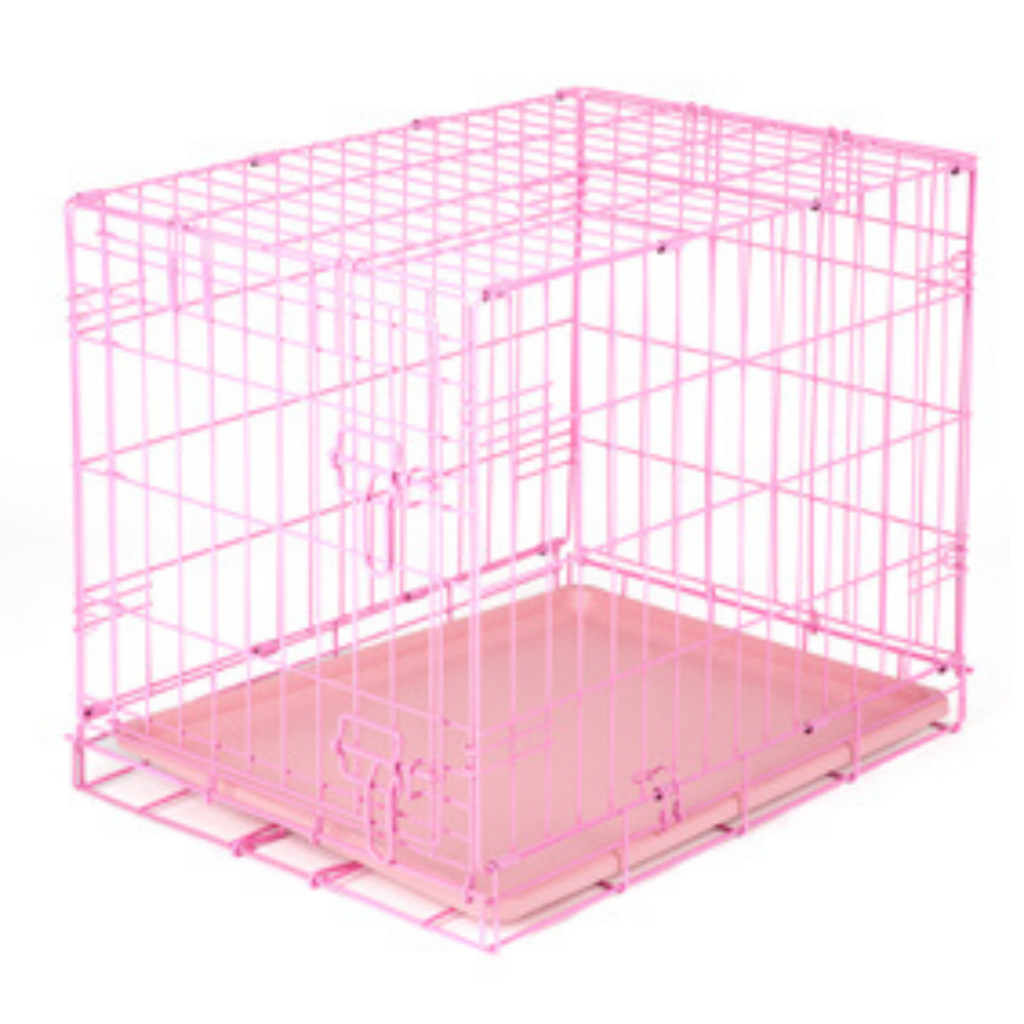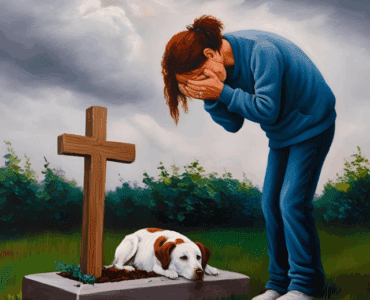
I had mixed feelings about crates until we brought Luika (our last German Shepherd Dog) into our home as a puppy twelve years ago. Our previous puppies stayed in our kitchen overnight in a nice warn basket, but they did stop the mishaps during the night.
Puppies
Anyone who has lived with a puppy will appreciate their exuberance and penchant for trouble. Anything is fair game for puppies and unless you can physically lock all the kitchen cupboards and anything puppy height, you could end up with a hefty veterinary bill, so containment overnight should not be seen as a punishment area.
For and against crates
There are arguments for and against crate training, but we decided to buy the biggest crate on the market and turn it into a den for our puppy. Dogs instinctively seek out enclosed areas, since they see them as a place to relax and sleep, especially when the home is busy with extended family, such as Christmas time.
We placed a basket inside, with a few of his favorite toys and left the door open. We covered the crate with a light blanket and watched. In no time at all Luika would disappear into the crate after exercise and food, where he would sleep soundly. Only at nighttime was the door closed, which helped greatly with toilet training. It is extremely rare to see a puppy soil their sleeping quarters, so it was our very first job in the morning to let Luika out for a toilet break and of course last thing at night, with regular garden visits throughout the day.
Other uses
A crate can also be used for cats/dogs recovering after surgery and travelling in the car. It is important however, that they are not treated as punishment areas, or confined for long periods of a time.
Misuse
Crates can be an especially useful tool when used correctly, but like all training aids, excessive use or viewing it as a punishment area is cruel and can affect your dog physiologically. Even worse, your poor dog will be completely confused if you lock them inside when they have not done anything wrong. Your puppy or dog should never be forced to use one and if they show anxiety or fear once inside, you should seek the advice of an expert.
Summary
There will always be those for and against crate training. Some would say that puppies associate smaller spaces to the comfiness of a den in the wild, providing an area where they feel safe. It is an area that they will rarely soil, hence it is ideal for toilet training.
My GSD Luika, was horrified when his crate suddenly disappeared. We decided once Luika was toilet trained that his temporary night quarters were no longer needed, so it was dismantled and put into our shed. The poor boy looked everywhere that evening, but after some gentle persuasion he settled down into his bed. Had the crate been smaller it probably would have stayed, but it took up so much room in our kitchen, it was a blessing when it eventually put away.
We used a pink one for Ellie. Being headstrong from an early age, nothing but pink would suffice. She chose it herself from the shop in the rescue centre from where she was adopted. It has now been given back to our local rescue shelter, since it was outgrown fairly quickly and Ellie uses a travel harness in the car. I often wonder however, what we would do should she require crate rest in the future!




